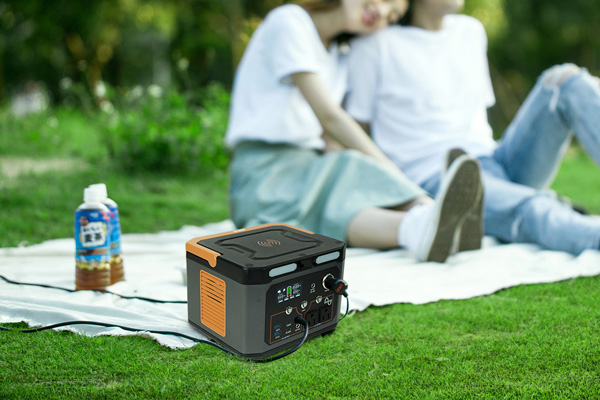Views: 200 Author: Ubest Publish Time: 2023-07-03 Origin: Site









It is vital to have backup power for your home during a power outage. However, estimating how much backup power you require might be difficult. The quantity of backup power you require is determined by several criteria, including the size of your home, the number of appliances and devices that require electricity, and the length of the outage. This post will go through how to figure out how much backup power you need for your home.
The first step in determining how much backup power you need is to calculate your power requirements. This will help you determine the size of the backup power you will need. To calculate your power needs, you will need to determine the wattage of the appliances and equipment that need to be powered. You can find this information on the label or in the user manual.
During a power outage, you must prioritize your power needs. Determine which appliances and equipment are necessary and which can be left alone. Essential appliances and equipment include refrigerators, freezers, medical equipment, and lighting equipment. Non-essential appliances and equipment include TVs, game consoles, and air conditioners. Prioritizing your electrical needs will help you save on backup power.
The duration of the outage will determine how much backup power you will need. If the outage is expected to last a few hours, a small backup power supply will be sufficient. However, if the outage is expected to last several days, a larger backup power source or multiple backup power sources will be required.
Once you have determined the power requirements, prioritized the power requirements, and determined the duration of the outage, you are ready to select the appropriate backup power source. Generators are the most common backup power source. In addition, home energy storage systems are a good choice, and they are available in a variety of sizes to power your entire home or business. If you live in a sunny area, solar power is another excellent backup power source. Battery backup systems are becoming increasingly popular as a backup power source. They consist of a battery pack, inverter, and charge controller. Fuel cells are a relatively new type of backup power source. They use hydrogen and oxygen to generate electricity.
The size of your home will also determine how much backup power you will need. A larger home will require a larger backup power source. It is critical to choose a backup power source that will provide enough power for your entire home or business.
Determining how much backup power your home will need depends on a variety of factors, such as the size of your home, the number of appliances and devices that need power, and the duration of power outages. Calculating your power needs, prioritizing your power needs, and determining the duration of outages will help you choose the right backup power source. Generators, solar, battery backup systems, and fuel cells are all viable options for backup power. It is important to have backup power and be prepared for outages.